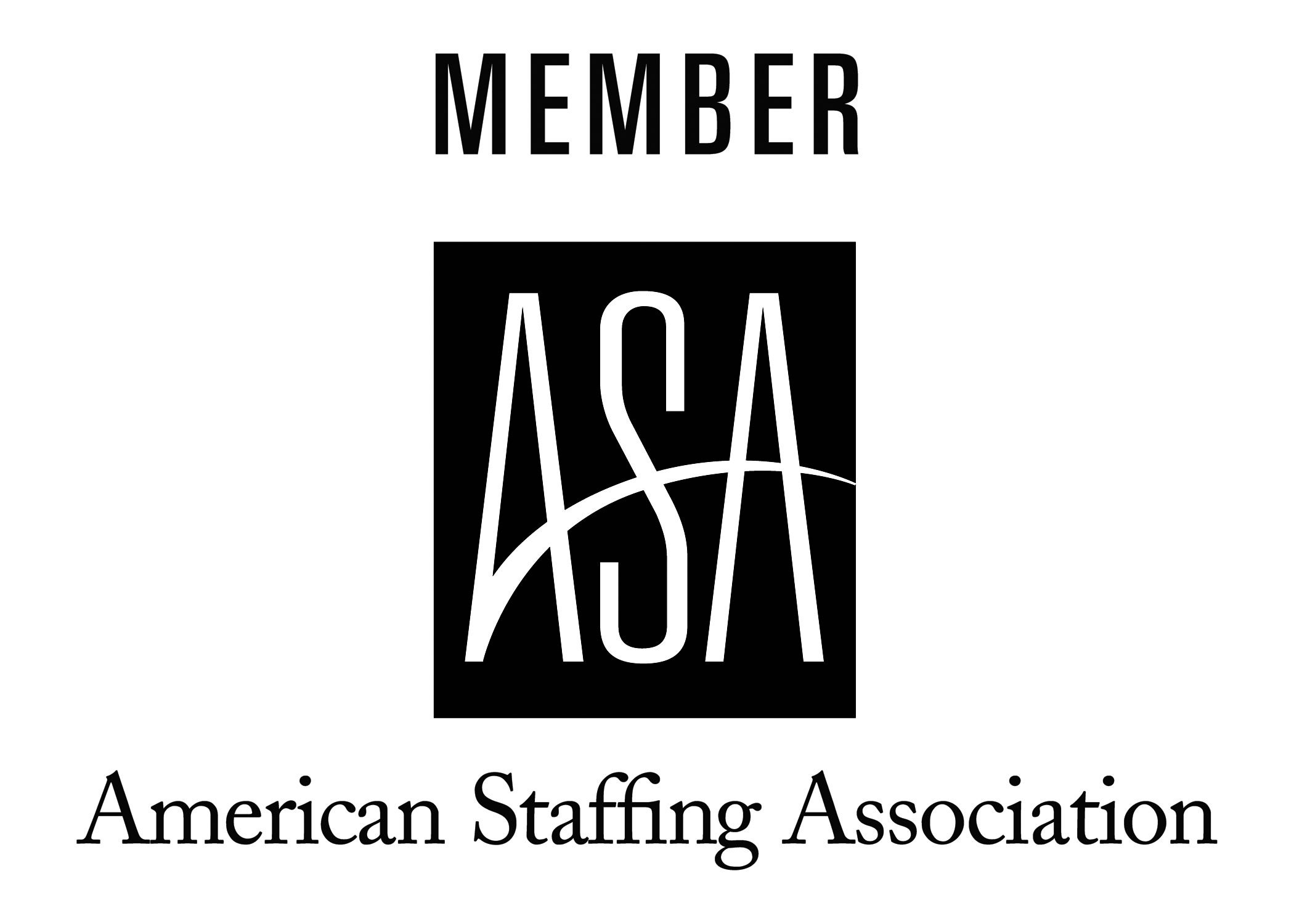Starting out as a new social worker can feel like stepping onto a moving train—fast-paced, demanding, and full of responsibility. One of the most essential (and sometimes intimidating) parts of your role? Case notes.
These aren’t just boxes to tick or forms to fill. Case notes are the foundation of good social work practice. They tell the story of your client’s journey, provide critical information for ongoing care, and serve as legal documents that could one day be reviewed in court. Sound intense? Don’t worry—we’ve got you covered.
Here’s everything you need to know to start writing effective, professional, and confident case notes from day one.
Why Case Notes Matter
Case notes aren’t just about paperwork—they protect you, your clients, and your agency. They:
- Provide a clear record of interventions and outcomes.
- Ensure continuity of care across providers
- Support ethical and legal accountability
- Help track client progress over time
- Can be used as evidence in court proceedings
In short: if it wasn’t documented, it didn’t happen.
Key Components of a Case Note
The power of a case note lies in its clarity and comprehensiveness. Each note you write should be clear, concise, and informative. Here’s a breakdown of the essential components you should always include:
- Date and time of the session
Always record when the session or interaction took place. This not only helps with tracking the client’s progress over time but also ensures a timeline of interventions and observations. - Client’s Presentation or Situation
Document the client’s current situation, emotional state, or any issues they presented during the session. This provides a snapshot of their circumstances at the time of the interaction. - Assessment and Observations
Include your professional assessment of the situation. What did you observe about the client’s mood, body language, or progress? This section is about interpreting the client’s behaviour and aligning it with your professional expertise. - Interventions or actions taken
Clearly document the interventions or actions you’ve taken. Whether it’s providing therapy, referring the client to a specialist, or developing a safety plan, make sure it’s clearly stated. - Plan for Next Steps
Always end with a plan for future sessions, interventions, or follow-up. What are the goals for the next meeting, and how will you support the client’s continued progress? - Reflections or Additional Notes
If there’s anything important that didn’t fit into the main sections—such as a client’s behavior that requires additional attention or any red flags, it should be noted.
Before You Write: Prep Like a Pro
Know the format
Many agencies use standard formats like SOAP (Subjective, Objective, Assessment, Plan), DAP (Data, Assessment, Plan), or BIRP (Behavior, Intervention, Response, Plan). Familiarize yourself with what’s expected.
Respect confidentiality
The Health Insurance Portability and Accountability Act (HIPAA) is no joke. Only include information relevant to the client's care and keep notes stored securely.
Be consistent
Every visit, call, and observation should be documented. Skipping even one session can create confusion or liability later.
Top Tips for Writing Good Case Notes

While the structure of case notes is critical, so is the way you write them. Here are some best practices to ensure that your case notes are both clear and professional:
- Be objective and factual.
Avoid subjective language or personal opinions in your case notes. Stick to the facts, such as what was said, what was observed, and any actions taken. The goal is to create a clear and unbiased record that can be referenced in the future if needed. - Use clear and concise language.
You’re not writing a novel—you’re documenting facts. Keep your writing clear, direct, and to the point. Avoid unnecessary jargon and overly complex sentences. The simpler, the better. - Stay Organized
Structure your case notes logically. Use headings or bullet points to break up different sections. This makes it easier for you and others to quickly find key information. - Confidentiality is Key
Case notes are often shared among professionals or used in legal situations, so confidentiality is paramount. Make sure that all client information is kept secure and that notes are only accessible to the relevant parties. - Reflect Regularly
After writing each case note, take a moment to reflect on the session. Did you capture everything important? Is there anything you missed? This reflection can help ensure that the notes are accurate and complete.
Final Thoughts
As a social worker, mastering case note writing might not be the most glamorous part of the job—but it is one of the most important. With every note, you're building a stronger safety net for your clients and a solid professional reputation for yourself. Keep practicing. Stay curious. And remember—you’ve got this.
Empower Your Career with Verovian Healthcare Agency
Verovian Social Agency is committed to providing meaningful opportunities where you can grow professionally and make a real impact. With a culture focused on inclusivity, work-life balance, and continuous development, we offer more than just a job—we offer a platform for you to contribute to positive change. Whether you're a seasoned professional or newly qualified, there’s a place for you to thrive. Register with Verovian Social Agency today and take the first step towards making a lasting difference in your career.





